There is growing concern for the health and welfare of hundreds of dogs left behind in two northern Manitoba First Nations that were evacuated last month due to wildfires.
The Norway House Animal Rescue has written Indigenous Services Canada to ask for assistance for the dog populations who were left behind in Pauingassi and Little Grand Rapids First Nations.
“It’s a crisis up there right now,” says Debra Vandekerkhove, a director at Norway House Animal Rescue.
According to the animal rescue service, there are currently approximately 220 dogs in Pauingassi and 550 in Little Grand Rapids, “many of whom have developed acute health issues requiring veterinary treatment and several have begun to form packs to survive.” Significant amounts of food have been sent to the communities but no dedicated staff to feed the dogs. As a result, “much of the food remains undistributed while dogs continue to starve” says the letter to Indigenous Services Canada.
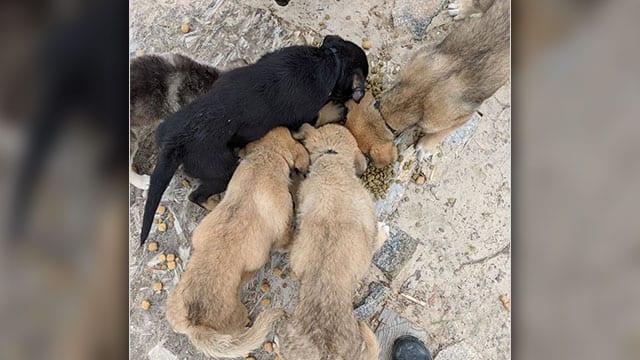
The letter, dated June 7, requests flights for a minimum of four volunteers (two for each community) to assist with food distribution and to conduct a health survey on the dog populations in both communities. “There is also an urgent and life-saving need for puppies to be removed from the communities as they will be unable to survive the current lack of and competition for resources.” The letter also says the pictures of the starving pets are “extremely stressful to the owners who are in Winnipeg watching in photos their pets slowly die.”
Vandekerkhove says the RCMP in the communities are “overwhelmed.” She says there are no replacements for the officers in the communities due to the resources being sent to the G7 summit in Quebec.
More than 1,300 evacuees from Little Grand Rapids First Nation and Pauingassi First Nation are still out of their homes and staying in Winnipeg hotels.






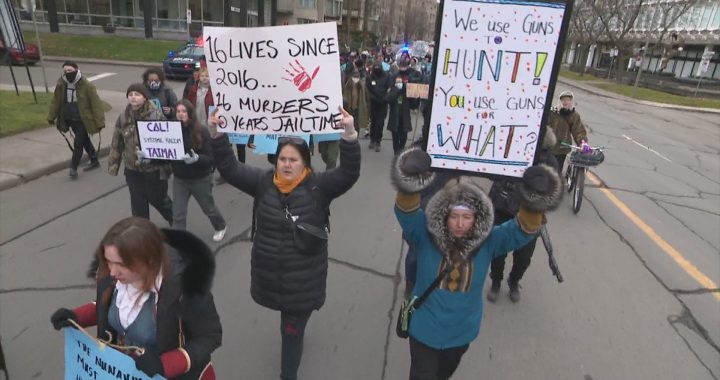
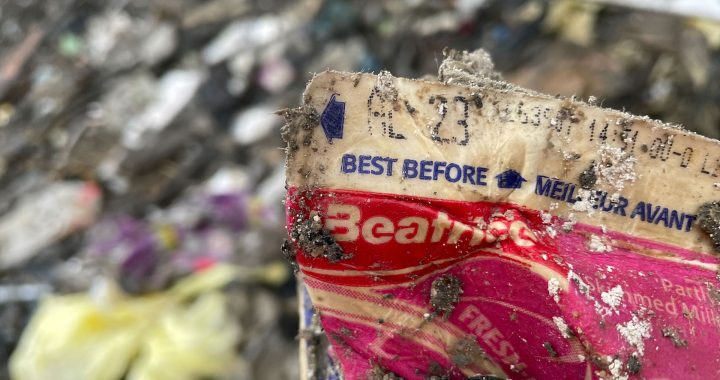
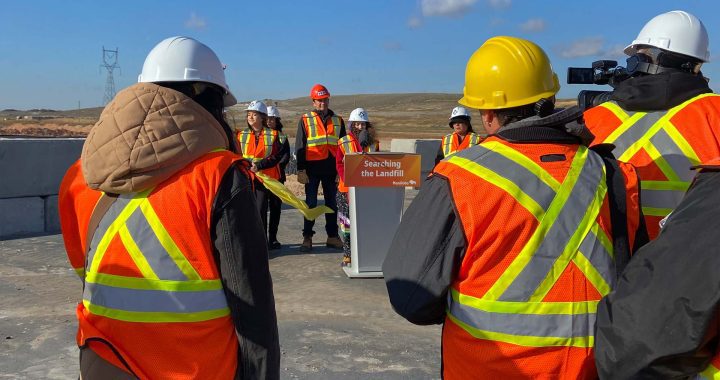
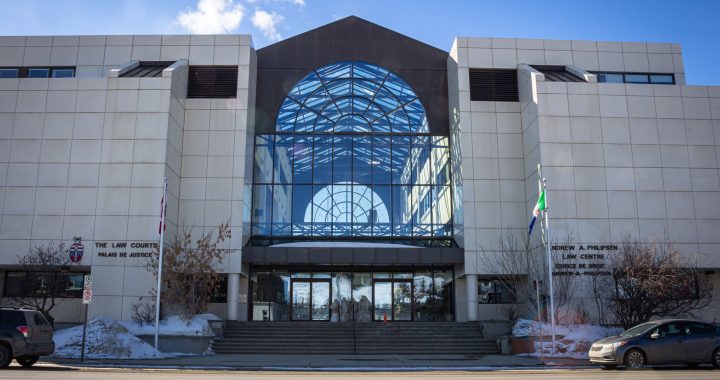
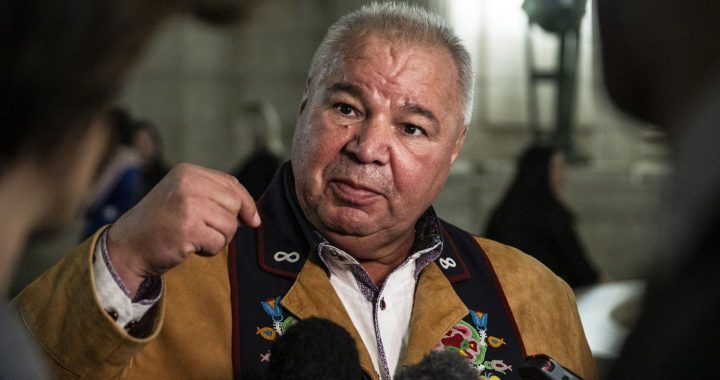

How could people help?
How could people help?